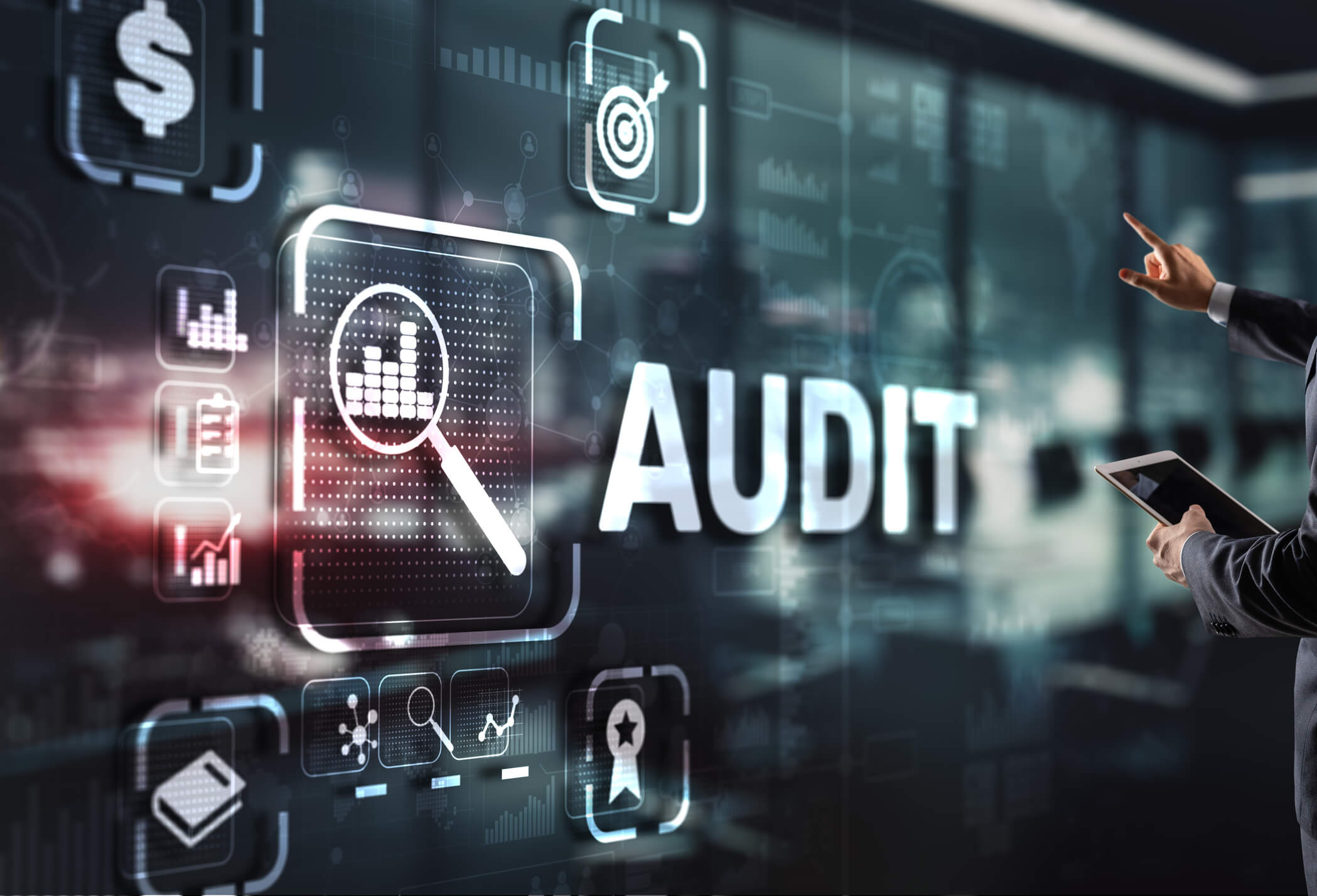- Industrial process refrigeration systems (chemical, pharmaceutical, petrochemical, and manufacturing industries, ice machines, appliances used directly in the generation of electricity, and ice rinks)
- Commercial refrigeration (supermarkets, convenience stores, restaurants cold storage facilities)
- Comfort cooling (residential, office, and commercial building chillers, commercial split systems, and packaged roof-top units).
EPA has identified the following industries/facilities as potentially subject to this regulation: food handling and retail operations, pharmaceutical, aerospace, hotels, casinos, superstores, warehouse clubs, industrial plants, manufacturing, government buildings, hospitals, schools, universities and research facilities.




